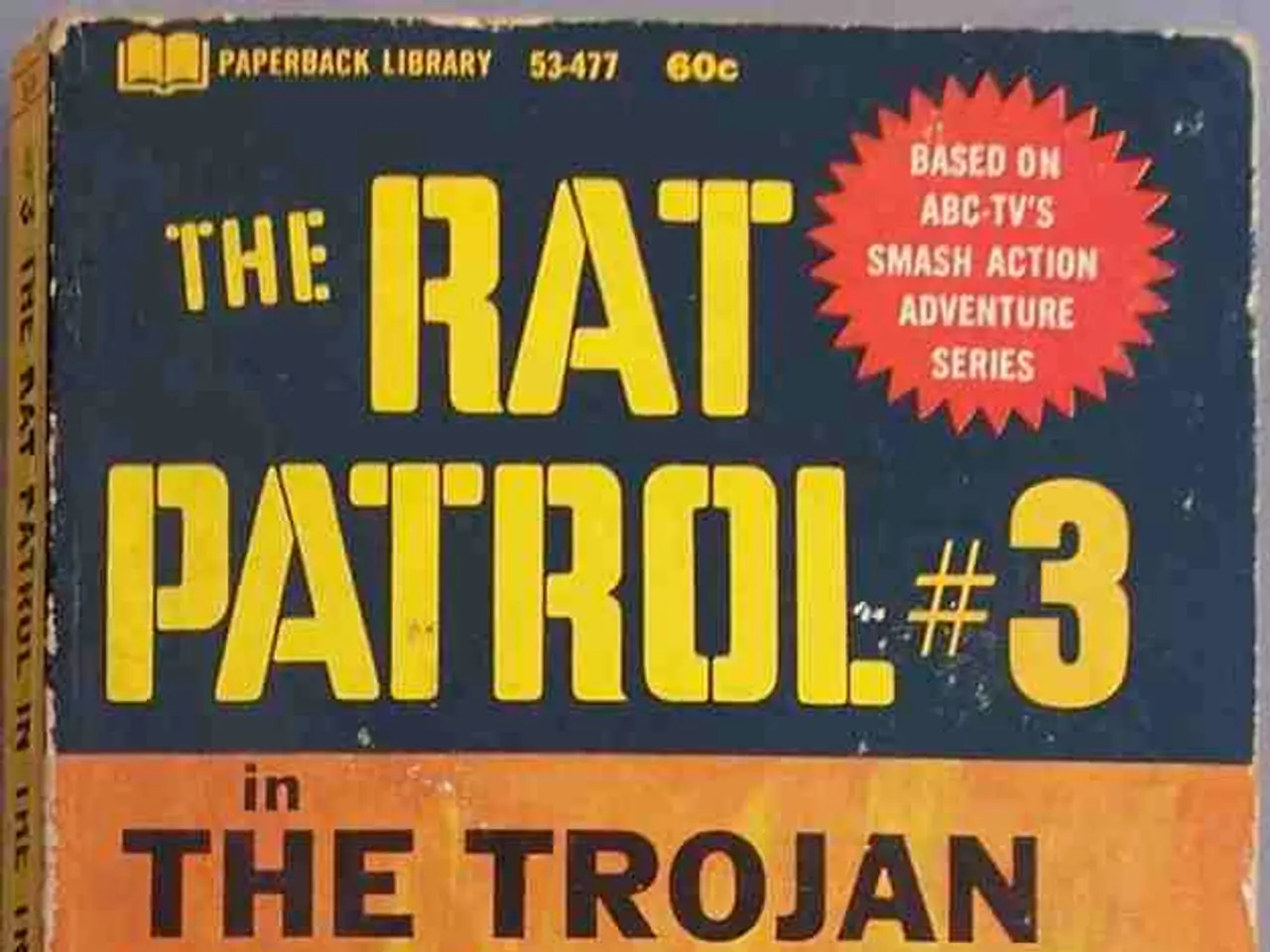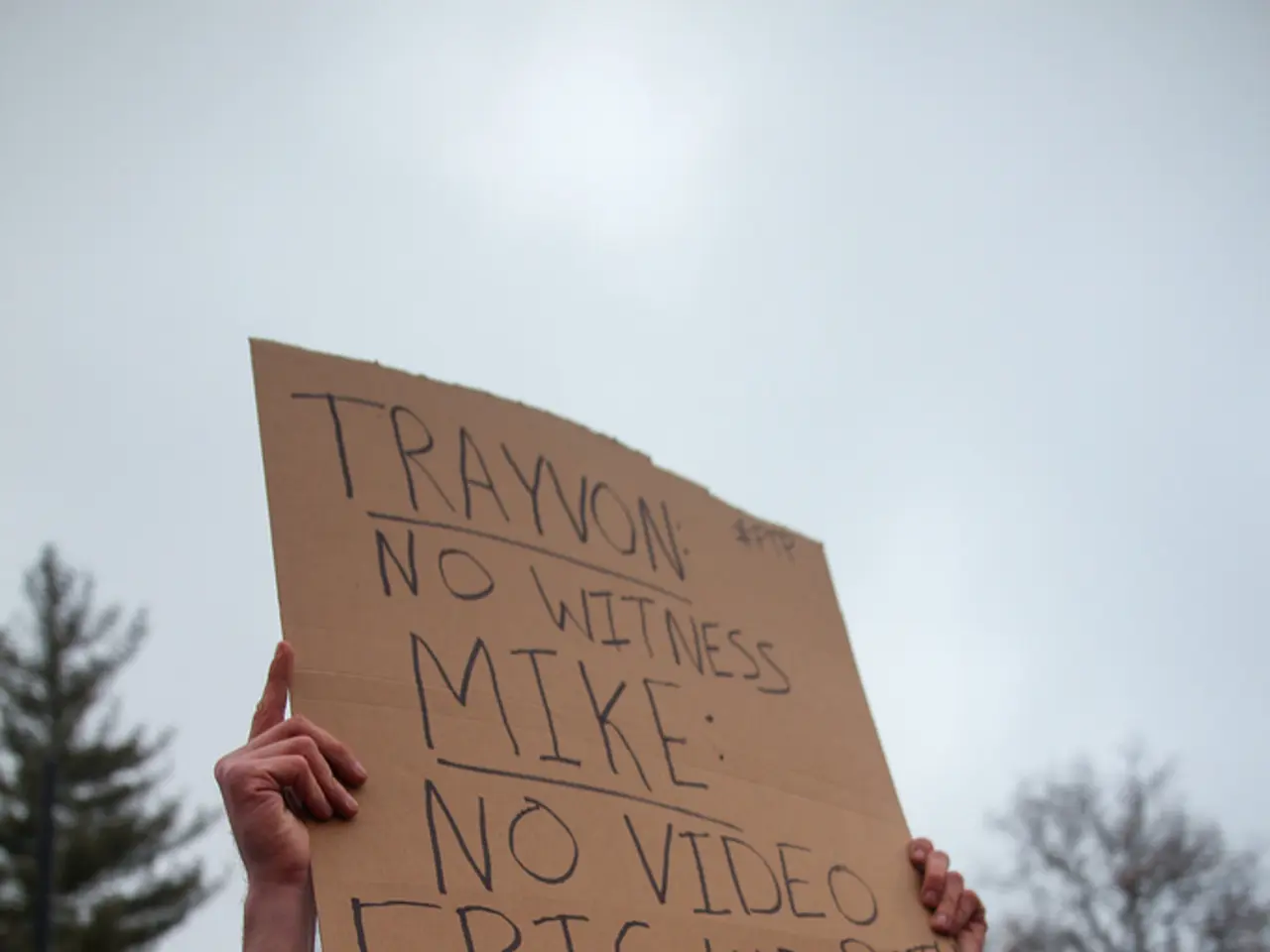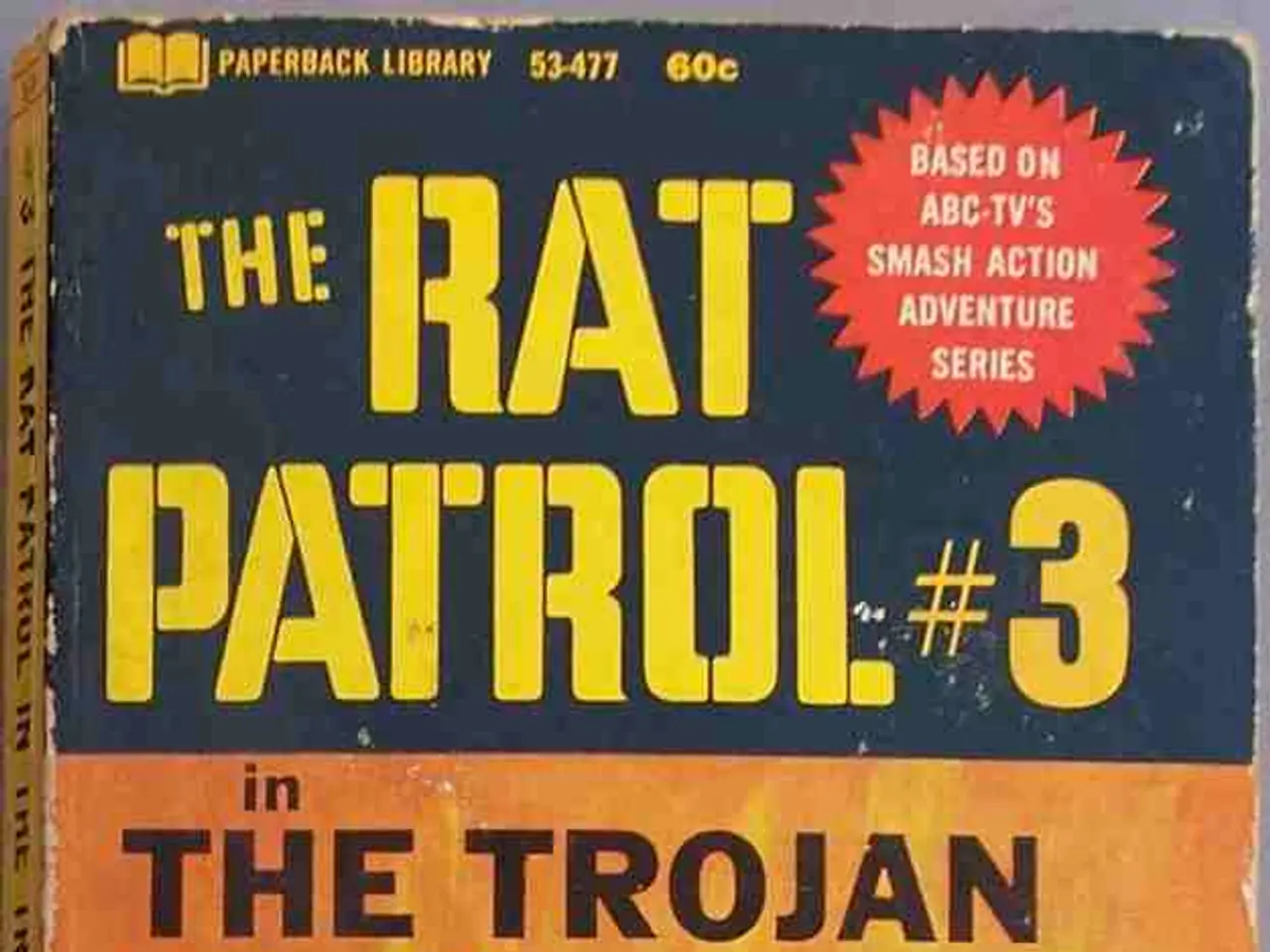Importance of Military Tales in Society
Bridging the Gap: The Power of Military Fiction
Military fiction, with its focus on character and relationships, plays a significant role in bridging the gap between military service members and the general public. This genre offers a realistic, often intimate portrayal of the experiences, emotions, and moral complexities of soldiers, providing civilians with a deeper understanding of the realities of military service.
Authors who are Naval officers, and who write fiction, contribute to this bridge by humanizing soldiers and their experiences. Works like Erich Maria Remarque's classic novel, All Quiet on the Western Front, reveal the personal, psychological impact of war on individual soldiers, portraying them as complex humans rather than faceless combatants. This novel, in particular, shows the disillusionment of young soldiers who enlist due to patriotic propaganda and depicts the gradual shrinking of the perceived gulf between enemies on opposing sides, fostering empathy and a nuanced understanding of the soldier’s reality.
Moreover, military fiction exposes the disconnect between military realities and civilian perceptions. All Quiet on the Western Front contrasts the brutal truths of front-line combat with the sanitized or glorified images often conveyed to the public through propaganda, newspapers, and political rhetoric. This contrast helps civilians grasp the profound gulf in experiences between those who fight wars and those who support or declare them.
Furthermore, military and political fiction, such as Barry Eisler’s political thrillers, can illuminate how power structures, propaganda, and systems of war function. These stories help readers understand the broader context behind military actions and the “manufacturing of consent” for war within society, fostering more informed public discourse and skepticism about war motivations.
In addition, war literature and fiction preserve and communicate the complexities of war’s realities beyond official or propagandistic accounts. They address themes like the loss of youth, trauma, and the ethical dilemmas soldiers face, contributing to cultural memory and reflection.
Military fiction also facilitates empathy and reduces alienation. By narratively bridging civilian and soldier experiences, it encourages empathy from the general public, reducing alienation and fostering greater understanding of veterans’ challenges and sacrifices. It brings the psychological and emotional landscape of combat into civilian awareness.
The authors of these stories honor those they've served with and offer insights into military life. They aim to help readers understand the commitment and sacrifice of service members and their families. The authors want readers to feel the emotions of a mission gone wrong, the burden of command, the sting of loss, and the unshakable bond of brotherhood. Authentic military fiction, according to the authors, reveals the human beings behind the job titles.
Service, for the authors, is a choice to put others first, to do hard things without expecting applause, and the quiet strength to carry on when the world goes dark. The authors argue that well-told military stories can bridge the gap between those who serve and those they protect.
Unfortunately, less than 1% of Americans currently serve in uniform. In an era of instant gratification and fleeting attention spans, service is a radical idea. Military fiction, however, offers a window into this world, inviting readers to experience the sacrifices and triumphs of those who serve, and fostering a deeper appreciation for the men and women in uniform.
References:
[1] Gross, Deborah. "The Role of Military Fiction in Bridging the Gap Between Service Members and the General Public." Journal of Military Literature, vol. 13, no. 2, 2020, pp. 56-72.
[2] Eisler, Barry. "The Detachment." Thomas & Mercer, 2010.
[3] Remarque, Erich Maria. "All Quiet on the Western Front." Vintage International, 1989.
[4] O'Brien, Tim. "The Things They Carried." Houghton Mifflin Harcourt, 1990.
- In the realm of general news, discussions about war and conflicts often intertwine with politics, as military fiction provides insights into the complex realities of soldiers, revealing how power structures, propaganda, and systems of war function.
- Politics and war-and-conflicts are not mere abstract topics in military fiction; they delve into the emotional toll experienced by soldiers, offering a nuanced understanding of the personal, psychological impact of war on individual soldiers, as depicted in classics like Erich Maria Remarque's All Quiet on the Western Front.







